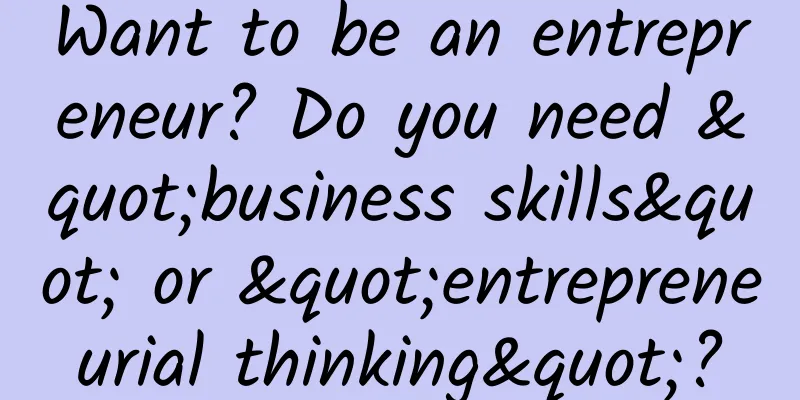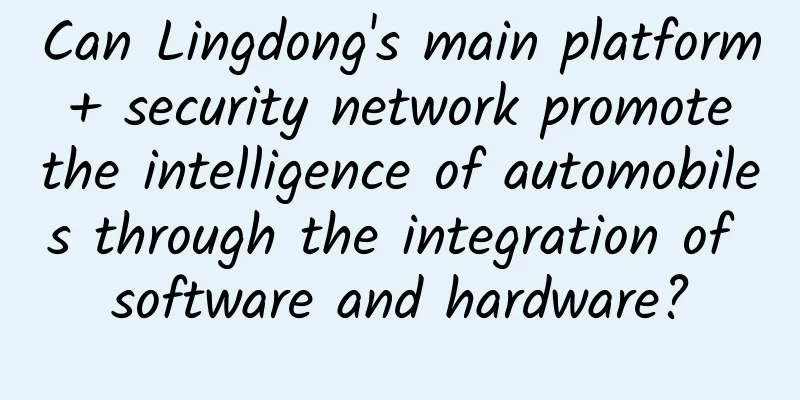Want to be an entrepreneur? Do you need "business skills" or "entrepreneurial thinking"?

|
In a recent blog post about entrepreneurship education, Gary Schoeniger, director of content development at the Entrepreneurial Learning Initiative, said that entrepreneurship is not really about acquiring business skills, such as spreadsheets and marketing plans, but about the way a person thinks. Schoeniger went on to say that, although somewhat controversial, business skills may actually hinder entrepreneurial thinking. Teaching business plans and financial forecasting "may do more harm than good." “While these skills may be important for managing an existing business with a mature product or service,” Schoeniger writes, “they often inhibit the entrepreneurial process—the process of finding solutions to problems.” As the manager of an international organization that has taught entrepreneurship to over 600,000 young people, I know what he means. The confusion between managing a business and being an entrepreneur is real and does a disservice to both skills. While some business skills are very useful tools, they are not at the core of entrepreneurial competence. In short, while skills, experience, knowledge and enthusiasm can help in managing your business or someone else's, it is the effort in management that is rewarded by the challenges faced. Viewing risk as an example of an entrepreneurial management model can help to distinguish the two: Many business schools and training programs teach strategies for managing and mitigating risk. In business, risk needs to be avoided, captured, and eliminated. Investors, managers, executives, and employees all fear risk, and everyone has good reason to do so. However, for an entrepreneur, risk is the lifeblood of success. Reform and innovation cannot be without risk. Entrepreneurs correctly interpret this concept by teaching us to evaluate and embrace risk. In contrast, every time someone learns "risk avoidance" as a so-called legitimate business skill, well, I can conclude that this is definitely not what entrepreneurs do. Collaboration is one of many examples of the stark differences between business management skills and entrepreneurial thinking. Business executives tend to protect innovations, while entrepreneurs are happy to share and exchange ideas, even with potential competitors. "Most business owners and entrepreneurs don't realize the difference in skills between successful business managers and true entrepreneurs," says David Litt, founder and CEO of Blue Star Tech, highlighting this difference. Litt knows what he's talking about; he runs multiple businesses at once. "The difference is a bit like being ambidextrous," Litt says. "Most people are right-handed or left-handed, but very few are both." Entrepreneurship is not a "job"; it's a way of thinking about and approaching challenges and opportunities. That's why true entrepreneurs thrive in government, nonprofits, and corporations—they think like both an employee and a founder. It's been proven that employees with an entrepreneurial mindset stand out because they can identify problems early and come up with solutions. This type of employee is the master of their own work and performance, and they think creatively and collaborate well. Regardless of their chosen field, entrepreneurs are people who start new companies while managing existing ones, with bigger goals in mind, with ideas that make people say “Oh my God!” We need more of these people, people who take risks and solve problems. Today’s economy is more global and fluid than ever before, and entrepreneurs are perhaps the best people, more than businesspeople with many other skills, to embrace and innovate the world we have and the world we will be in. If I were to say, we should start teaching the entrepreneurial mindset in middle school, maybe even earlier. Also, it is important that we consider entrepreneurs and businesses as one, when in fact they are different skills. “Entrepreneurial education” is about teaching how to control your own future, not just the business. This is an important distinction. |
<<: Why hasn't BAT taken over the big fat piece of community O2O? There are too many hidden rules!
>>: Can Google still make a living if it returns to the Chinese market?
Recommend
Get the guide to creating hot-selling products in the second category of e-commerce!
Nowadays, "Internet + e-commerce" has p...
The opening show of the Magic Factory: reducing the burden and adding color to smart homes
At the just-concluded National People's Congr...
Driving on Mars is not easy: the wheels are very different from those on Earth
Produced by: Science Popularization China Author:...
Is it okay to dump spent fuel and nuclear waste from nuclear power plants into the crater of an active volcano? What kind of black technology is ADS?
Nuclear power plants will inevitably produce nucl...
China Automobile Dealers Association: Automobile consumption index in May 2021 is 69.7
On June 1, 2021, the China Automobile Dealers Ass...
Xiaohongshu Food Popularity Article Methodology
The article starts with analyzing the hot food ar...
Nowadays, people eat sea cucumbers when they have a disagreement...
The reason why I put up the high-energy warning p...
Feng Xin "Also talks about ecology". How high can the share price of Baofeng remain after the resumption of trading?
After thirty daily limit increases and being susp...
From "following" to "leading"! 27 years ago today, my country successfully developed the Galaxy-III supercomputer
On June 19, 1997, the "Galaxy-III" para...
Introduction to Baidu search promotion paid advertising!
What is Baidu search promotion Baidu search promo...
Analysis of Internet Financial Product Operation Strategy
The main product model of Internet finance is rel...
Effects and contraindications of honey: Website rankings disappeared in an instant, find out the "root cause" and recovery is just around the corner!
Now more and more companies choose to work in the...
3 tips for creating explosive short videos
As we all know, the post-epidemic era has acceler...
Psyduck is not a duck!
Recently, KFC and Pokémon jointly launched a seri...
Advanced planning guide: 3 theories to solve product, user and competition problems
I think most planners have heard of theories such...









